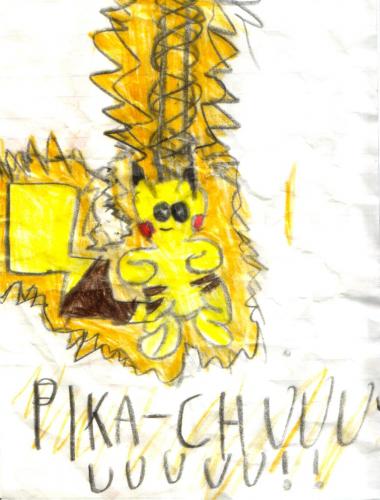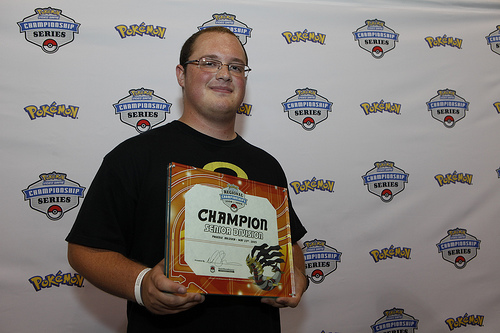Pokemon Red was my first Pokemon game and my thirteen year old self couldn’t be more excited to tell you about it. At the time, it was super-cool, awesome, and great to capture unwary animals inside strange “don’t ask questions how this works” balls. There’s something oddly sexual and oddly patriarchal about the entire thing, but my thirteen year old self was happy to ignore these oddities because my Pikachu could use Thunderbolt. What’s more, I was part of the crowd who knew about Pokemon before it was cool, which is to say that I played it before it had a cartoon spot on every TV station across the United States.

This will be on the test later about your knowledge of Pokemon, their types, and abilities.
To be honest, my feelings toward Pokemon is that it has always been fairly harmless, or is at least no more harmful than any of the other strange messages children are getting from the weird toys that we are continuing to purchase in droves for no reason. The game only becomes bad when the veneer of it being a kids game is stripped away and the sad reality of it being a manchild competition centrifuge is revealed.

Is it too hard for us adults to let children have anything for themselves?
Frustration aside at the weird, latched on culture these kinds of games attract, playing Pokemon is a pretty fun experience, particularly the first few games, which are, if nothing else, earnest in what your goal is and what the game’s goal is. The game’s goal is mostly just to put problems in front of you, and you, as an enterprising young buck, will solve them for whatever local groups or residents or whoever needs help. The game is thus the original World of Warcraft, a viral creation able to create an entire market unto itself and an entire genre. Monster training games were not exactly anything new (they tended to exist inside of other games as minor side-attractions), nor were battling inside strangely themed towns (maybe themed gyms was new?), but the marketing spun things the right way and the kids clamored.
With the call, comes the tidal wave. Monster raising games are a genre where you can pick from all sorts of oddities, few of which make any sense, but that’s probably better off, since asking questions about anthropomorphized rat-catch games is a bit weird. The world in utopia-vision is interesting, comforting, and disconcerting–Interesting because the conflict within the world occurs at a level that is probably closer to a fully-realized us-vs-them mentality than any other game has ever achieved, comforting because the interaction is so disarming, and disconcerting because the two previous realities never resolve internally, opting out to “everything’s fine, but DANGER LOOMS… maybe?” Such endings are stereotypical by today’s standards in regards to videogames, but in hindsight, I wonder if Pokemon was the trailblazer for the everything’s uncertain until it’s not school of videogame-making.
Recommended: Yes